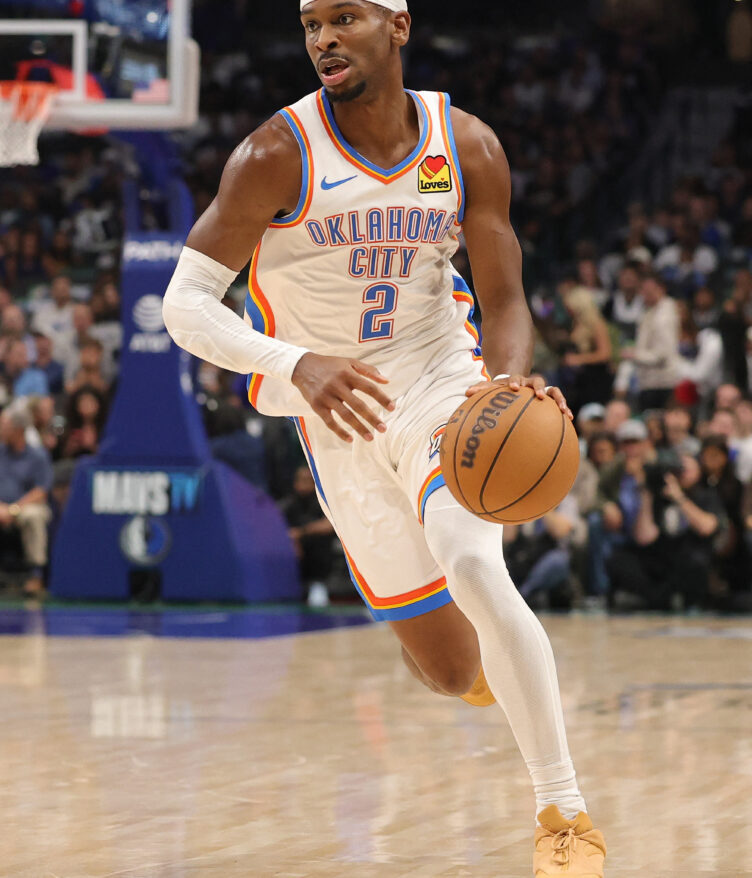WHENEVER a new trend emerges on the internet, netizens can’t seem to get enough of it. The AI Yearbook craze has recently overtaken social media, sending users to the ’90s high school’ era, regardless of whether they actually went through that period of time.
This application utilizes artificial intelligence to turn ordinary selfies into retro yearbook photos, allowing users to picture how they would have looked in high school back in the ’90s and sending them back in time.
Bretman Rock, a social media sensation, as well as celebrities Ivana Alawi, Sofia Andres, Kylie Verzosa, Yassi Pressman, and others, joined the AI yearbook trend.
This is because the photo quality is excellent, making these shots appear real and evoking a sense of nostalgia, making it fun to relive wonderful experiences that users may or may not have from the past.
It is indeed fun to see several versions of oneself in a high school yearbook from the past. Despite the fact that this application is enjoyable, users should continue with caution due to a potential data privacy problem.
Data experts have highlighted concerns regarding safety, privacy, and ethics, with some saying that the generated images may be used to collect user data.
People may be unable to identify whether the created images are real or generated by AI due to their “human-like” appearance, raising concerns about potential exploitation.
It may also have an impact on an individual’s mental health as it generates an ideal “perfect image” that may lead to thinking about the ‘unrealistic’ concept of beauty.
What are Generation Z’s thoughts on these issues?
Given the concerns surrounding the aforementioned application, republicasia interviewed two people. One has used the app before, whereas the other has never used it.

Photo Courtesy: Ayessa Abana
Ayessa Abana, a 23-year-old graduate preparing for her nursing licensing exam, was able to test the application.
Ayessa admittedly just tried the app out of curiosity. “I joined the trend because of my curiosity and the thrill of how I would look like in different versions, without minding its implication on my safety,” she went on to say.
However, the 23-year-old was surprised to learn that her privacy may have been jeopardized as a result of utilizing the application.
“I felt scared because there’s a possibility that they will use or expose my personal information in illegal parties which will impose danger on my end,” she added.

Photo Courtesy: Maxinne Chavez
Maxinne Chavez, 23, on the other hand, is concerned about one’s safety despite not having tried the aforementioned application.
“I’ve heard and read a few claims regarding this and it actually feels alarming knowing that your personal information may be at risk for the sake of “trend” or “aesthetics”. I mean, I’m really curious about how would I look on those year book photos but I’m not willing to risk my personal information just for that,” Maxinne explained.
“Knowing na sobrang daming cases of data breaches and cyberthreats lalo na in this digital age. It’s very risky, I would rather go to a physical photo studio and do a yearbook themed photoshoot instead,” she added.
The Unrealistic Ideology of Beauty
Aside from the risk of data breach, there is also the issue of beauty to consider. These applications that change one’s natural appearance surely created new beauty standards.
“For me applications like this nakakadagdag lang siya sa mga ways on how we create the standard of beauty in our society today.” Maxinne says.
“The results of the yearbook photo will definitely be different from one person to another and dun papasok yung pag question mo sa sarili mo na ‘bakit sa kaniya maganda/gwapo’ ‘bakit ganto itsura sakin’.”
“And this “perfect image” portrayal can really cause deeper insecurities and may self-sabotage one’s confidence and self-esteem,” she warned.
Ayessa, on the other hand, only used the app for fun. She was astounded by the results of her photographs when she saw them.
“As I scrolled through the results of my AI photos, my initial reaction was ‘oh wow.’ Seeing those photos made me kilig, at the same time ‘di ako ‘to’,” she said.
“I am aware of my features and I fully embrace my qualities. I believe in the beauty of authenticity of an individual, but if a person enjoyed and gained confidence seeing his/her AI photo results I think there’s nothing wrong with that,” Ayessa explained.
At the end of the day, users must exercise caution when experimenting with new applications. Trends may appear to be entertaining, but their impacts differ from person to person. After all, it is preferable to be safe rather than sorry.
How useful was this post?
Click on a star to rate it!
Average rating 0 / 5. Vote count: 0
No votes so far! Be the first to rate this post.
We are sorry that this post was not useful for you!
Let us improve this post!
Tell us how we can improve this post?







